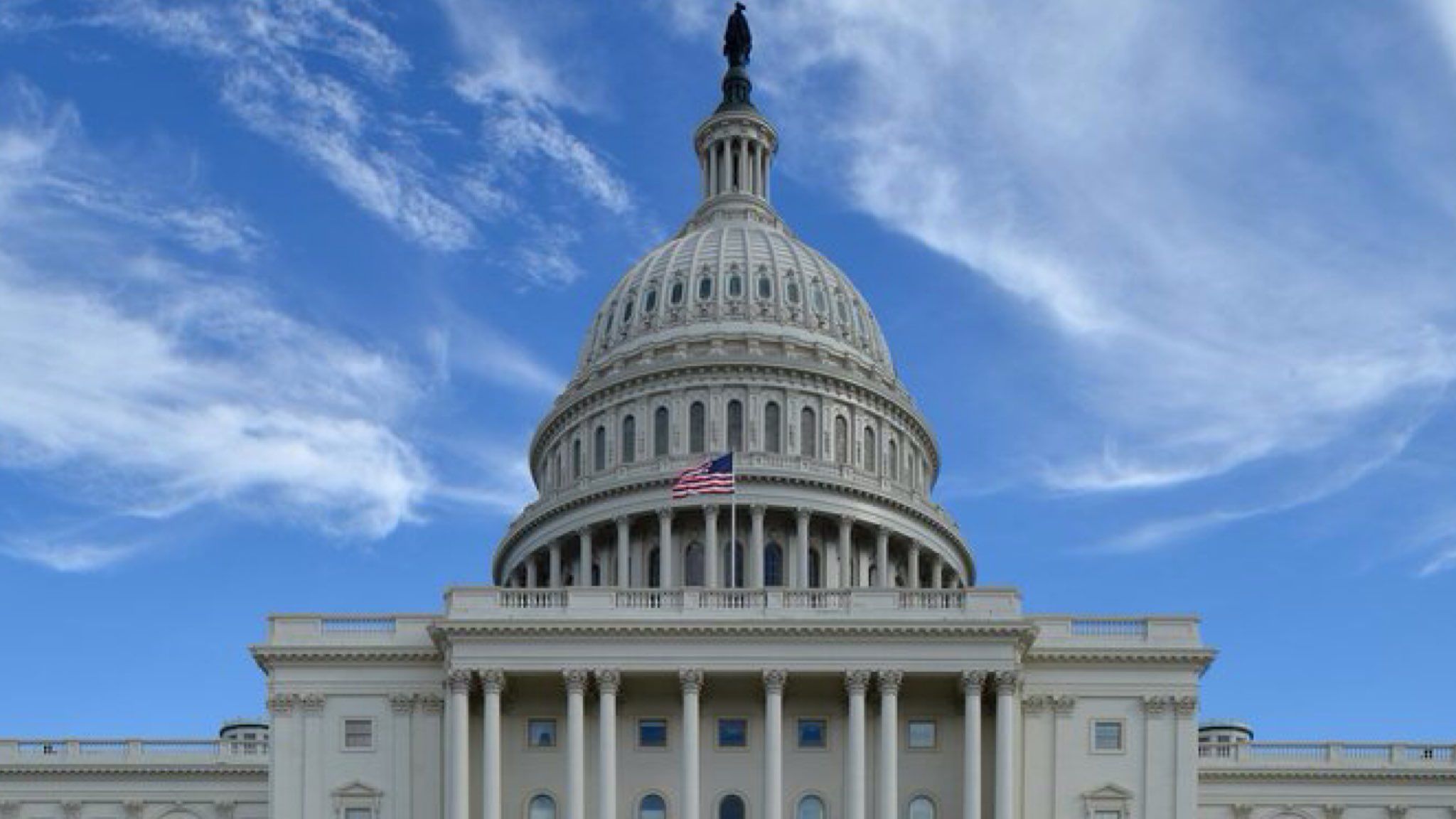Trump Urges Senate to Cancel August Recess to Expedite Nominee Confirmations
Trump’s request follows a productive six months for his administration, marked by the passage of his signature “One Big Beautiful Bill” and other legislation, celebrated during a White House dinner with GOP senators on July 18, 2025.

President Donald Trump has called on Senate Majority Leader John Thune (R-S.D.) to cancel the Senate’s traditional August recess and long weekends to accelerate the confirmation of his executive and judicial nominees. In a Truth Social post on July 19, 2025, Trump emphasized the urgency, stating, “Hopefully the very talented John Thune, fresh off our many victories over the past two weeks and, indeed, 6 months, will cancel August recess (and long weekends!), in order to get my incredible nominees confirmed. We need them badly!!!”
Trump’s request follows a productive six months for his administration, marked by the passage of his signature “One Big Beautiful Bill” and other legislation, celebrated during a White House dinner with GOP senators on July 18, 2025. The Senate is scheduled to confirm six of Trump’s nominees on July 21, 2025, including advancing his pick to lead the Drug Enforcement Agency. However, with approximately 262 nominees still pending, including judicial and key regulatory appointments, Trump is pressing for extended Senate sessions to address the backlog.
The Senate’s 2025 calendar schedules a recess from August 4 to September 1, alongside other breaks, such as late September and early October. Trump’s call to cancel these breaks reflects his strategy to maintain momentum from recent legislative successes, including a $9 billion rescission bill and cryptocurrency-related legislation.
Among Trump’s high-stakes nominees are Emil Bove, a Justice Department lawyer nominated for a federal appeals court judgeship, and Jeanine Pirro, a former Fox News host tapped as U.S. Attorney for the District of Columbia. Bove faces significant opposition from Democrats, with over 75 former judges urging the Senate Judiciary Committee to reject his nomination due to allegations of misconduct, including advising the Justice Department to defy court orders on migrant deportations—claims he denies. Similarly, Pirro’s nomination has drawn scrutiny, following the withdrawal of Trump’s initial choice, Ed Martin, amid opposition. Other controversial picks include Brian Christine, nominated for assistant health and human services secretary, and law professor Jennifer Mascott, who is not licensed to practice in Delaware, where she is nominated for a federal appeals court seat.
Democratic resistance has been notable, with Senate Minority Leader Chuck Schumer criticizing nominees like Whitney Hermandorfer for limited legal experience and controversial stances. Democrats have employed procedural maneuvers to delay confirmations, prompting Trump and supporters like Article III founder Mike Davis to argue that recesses should be canceled to counter obstructionism.
Trump’s push aligns with his earlier demands for recess appointments, a tactic to bypass Senate confirmation delays, though Democrats could block such moves with filibusters or pro forma sessions, as seen under previous administrations. Senate Majority Leader Thune, who replaced Mitch McConnell in 2025, has expressed commitment to swift confirmations but has not yet confirmed whether he will cancel the August recess. Historically, the Senate has rarely altered its August recess, with exceptions like 2005 for Hurricane Katrina relief and 2018 for appropriations bills.
Trump’s demand tests Thune’s leadership and GOP unity, with senators like Josh Hawley and J.D. Vance backing the president, while moderates like Susan Collins and Lisa Murkowski express caution. A RealClearPolitics survey indicates 72% of Republican voters support canceling the recess to expedite confirmations, reinforcing Trump’s base-driven strategy. The outcome could shape the judicial and executive landscape, with 49 federal judgeship vacancies at stake, a smaller but still significant number compared to Trump’s first term.
Like this article